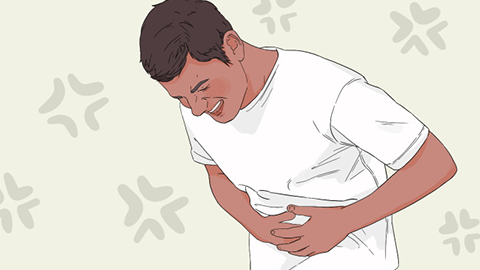Can you drink alcohol while taking ibuprofen painkillers?
Common formulations of ibuprofen include capsules and tablets. It is generally not recommended to consume alcohol while taking ibuprofen for pain relief. Small amounts of alcohol may only be consumed after the drug has been completely metabolized and no physical discomfort remains. Drinking alcohol around the time of medication increases health risks. If in doubt, it is advisable to consult a healthcare professional in advance. Detailed analysis is as follows:

Occasional light drinking is only acceptable after the drug has been fully metabolized. Ibuprofen typically takes 24–48 hours to be completely eliminated from the body. If more than 48 hours have passed since the last dose, and there are no symptoms such as stomach pain or liver discomfort, and no underlying conditions like gastrointestinal diseases or liver disorders, a small amount of low-alcohol beverage may be consumed. At this point, interactions between the drug and alcohol are minimal, and the impact on the body is relatively low; however, intake should still be strictly limited.
Alcohol consumption is not advised during the course of treatment and within 48 hours after stopping the medication. Both alcohol and ibuprofen are metabolized by the liver, and simultaneous intake can increase the liver's workload, potentially leading to liver damage. Both substances can also irritate the gastric mucosa; taking them together increases the risk of mucosal erosion, bleeding, gastritis, and gastric ulcers. Additionally, alcohol may interfere with the efficiency of drug metabolism, causing abnormal blood drug levels, reducing pain-relieving effects, or increasing the likelihood of adverse reactions such as dizziness and nausea.
Alcohol must be strictly avoided when taking ibuprofen, including beverages and foods containing alcohol. If symptoms such as stomach pain, vomiting blood, or jaundice occur after accidental alcohol consumption, seek immediate medical attention. Individuals with a history of chronic alcohol use or impaired liver or kidney function should inform their doctor before taking ibuprofen to assess the safety of medication use.










